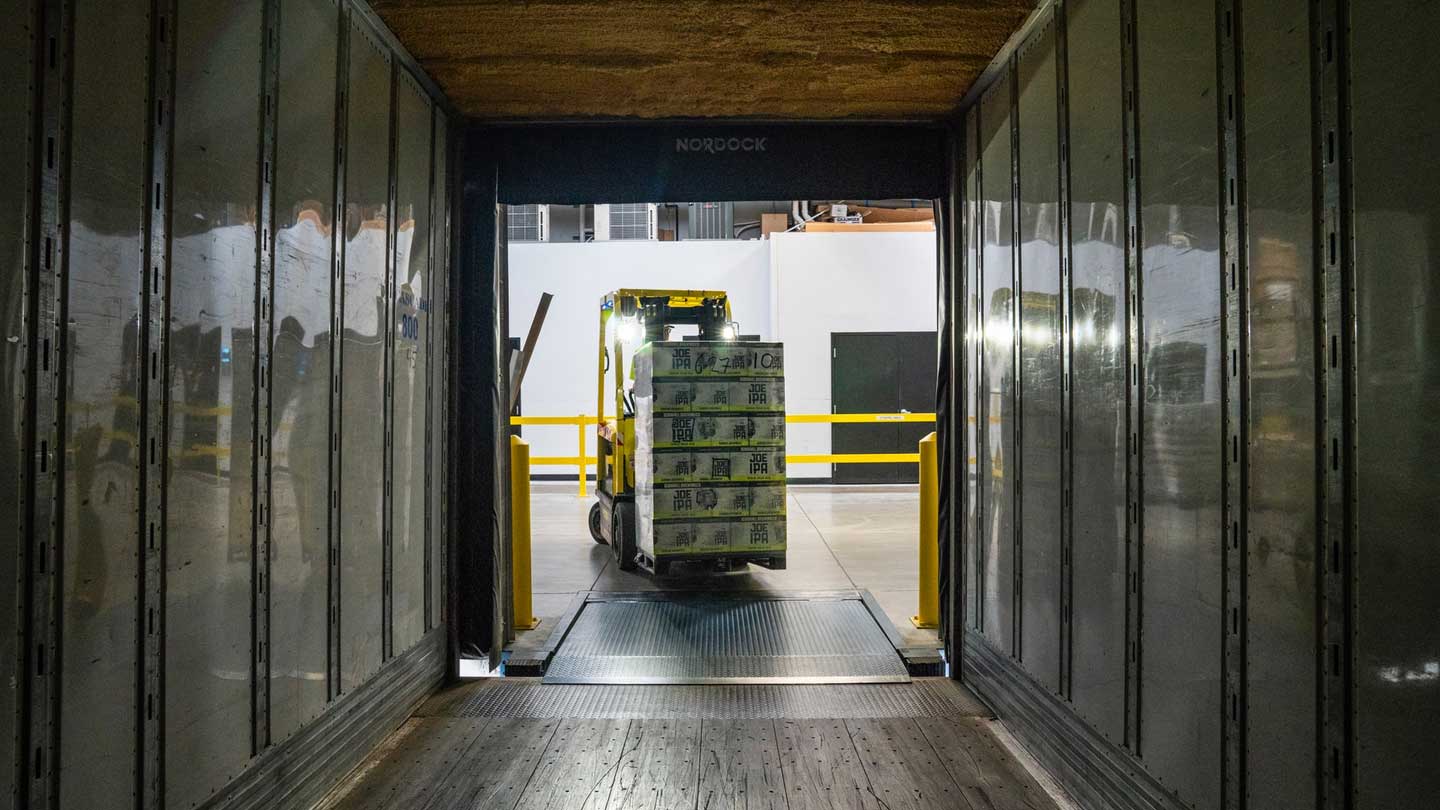By Michael G. McGuinness
Despite the ongoing adverse impacts from the COVID-19 pandemic, some experts report that the macroeconomic trends are looking favorable nationally, and especially for New Jersey, but it’s going to be pretty slow going. “It’s all about public health, public health, public health,” said Narayana Kocherlakota, a former Federal Reserve Bank president. “The comps for real estate properties are bouncing back quickly across Asia and Europe, where they are adhering to the three Ts (testing, tracking and technology),” according to Spencer Levy, chairman of Americas research and senior economic advisor with CBRE at the recent I.CON Virtual 2020 conference. However, the recovery will not really pick up substantial steam until 2022. Marked differences exist among the various sectors, not all of which have bottomed out yet. The accelerating shift to e-commerce (anticipating 40 percent of all sales by 2025) positions New Jersey very well, given our ports, transportation infrastructure, workforce and access to a dense consumer base.

Industrial is by far the most resilient asset class and is benefitting from the growth of e-commerce, which has been accelerated five to 10 years by the pandemic. It was hot before and is even hotter now. New modes of consumer buying are growing, such as subscription services for food, toiletries, health supplies, household goods and pharmaceuticals. Pent-up demand should ensure very strong durable goods sales. The federal Paycheck Protection Program, or PPP, is helping many small businesses add to their logistics offerings. Tenants now want to keep more products on hand to meet demand, and reverse logistics will continue to grow, as there is a 30 percent return rate for online sales. Rapid delivery of products, or last mile, along with the growing likelihood of reshoring will increase the demand for industrial space for warehouses, distribution centers and e-commerce centers, leading to the expansion of industrial to the suburbs to follow the shift of population.
As I reported on this page last month, the office market has not bottomed out yet, and may not do so until at least mid-2021. The next 12 to 18 months will be especially challenging for the central business districts, or CBDs, given mandatory social distancing safety protocols that are at odds with the density, mass transit and prevalence of elevators in CBDs. Gov. Phil Murphy’s administration, the state Legislature and the suburban mayors have a golden opportunity to incentivize businesses and employers looking to set up satellite locations where their employees reside. Real estate brokerage firms will attest to this emerging trend, which could translate into a longer-term pattern for the next three years or more. This hub and spoke model, whereby businesses retain their corporate headquarters in the CBD, while growing their presence in the suburbs, reflects the ever-popular fluid workplace with remote working capability that meets the needs and wellness of aging millennials.
Retail has already bottomed out, given that many “non-essential” storefronts were closed for months. This sector experienced the “overnight” transformational shock that drove consumers to computers, tablets and phones for most purchases during those months. Most of today’s retail businesses are a hybrid of traditional storefront and e-commerce, using an omnichannel, multipronged sales approach that provides customers with an integrated experience. Customers can have a seamless experience, whether shopping online from a desktop or mobile device, by phone or in a bricks-and-mortar store. Retail and hospitality will bounce back more slowly. Consumers have dramatically curtailed vacations and leisure activities, while businesses have drastically reduced — or eliminated altogether — business travel such as meetings, conferences and conventions.
Although unemployment remains high across the U.S. economy, labor shortages are still a big problem, especially for the New Jersey industrial sector. Access to labor is key to where an occupier will locate. The surge in demand for e-commerce has required logistics operators to function on schedules they normally reserve for the holiday season. Even with employees working around the clock, some third-party logistics providers can only operate at partial capacity because of labor constraints likely to continue for the foreseeable future. A further complication is the PPP unemployment bonus, which has proven to be a disincentive for some to return to work.
The pandemic has also strengthened the trend toward more amenities and a growing emphasis on health and wellbeing in warehouse and distribution centers, such as WELL-certified industrial buildings, which help with worker recruitment and retention. Since the COVID-19 outbreak, operators must lower the risk of infection by spreading out workers, and some are exploring the installation of infrared sensors to screen for fevers. Labor shortages and safety concerns may also contribute to more operators using so-called cobots to assist workers in logistics facilities.
For office and mixed-use facilities, attention to wellness in the COVID-19 era has some owners pursuing WELL certification, and even having in-house staff trained in this discipline. Hugo Neu Corp. has set a goal for 99.9 percent COVID-19 virus-free work environment with the help of bipolar ionization to disinfect air and surfaces. They, along with many other property owners, are already using high quality HVAC filtration technology, including MERV filters and fresh exchanges of air every 15 minutes.
The economic outlook for New Jersey and the nation will likely depend on how well we manage risk in the form of increasing supply chain redundancy and resiliency. Increasing reshoring and on-shoring with more domestic manufacturing to ensure adequate supplies of all product types for consumers is key. With the global GDP projected to decline 4.9 percent in 2020, “we’re not going to see growth in a stable form any time soon,” according to Dr. Harry Broadman of the Berkeley Research Group and Johns Hopkins University, who spoke at I.CON Virtual 2020. The strength of the industrial sector depends on how well we nurture our multilateral supply chain. We need to move to greater globalization to be more resilient, flexible and diversified. That will require strengthening our international relationships, developing better efficiencies, more digitalization and investments in protecting our workforce.
Michael McGuinness is CEO of NAIOP New Jersey and has led the commercial real estate development association since 1997. NAIOP represents developers, owners, asset managers and investors of commercial, industrial and mixed-use properties, with 830 members in New Jersey and over 19,000 members throughout North America.
